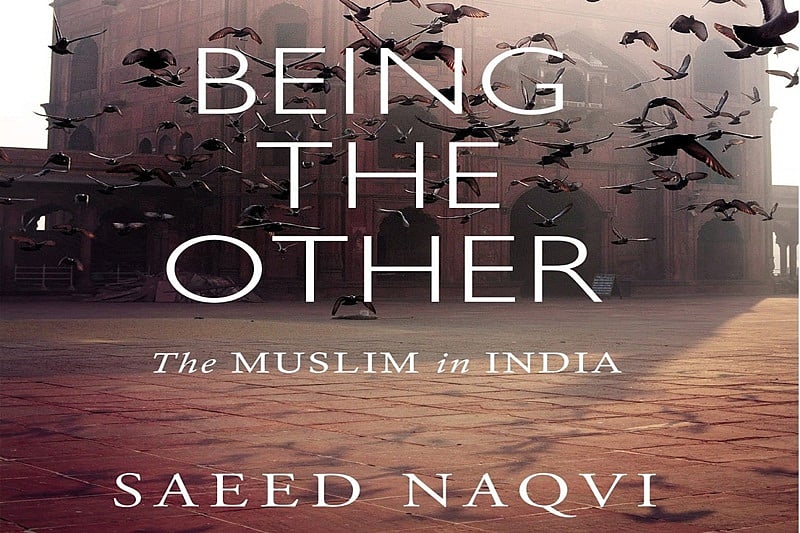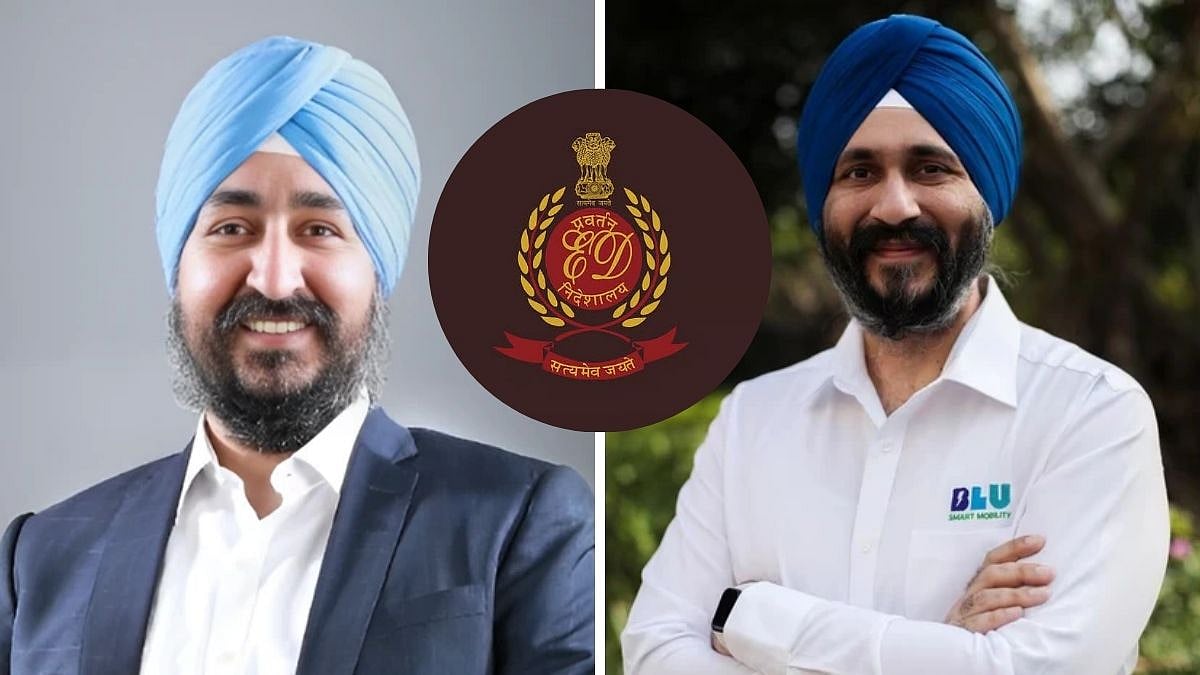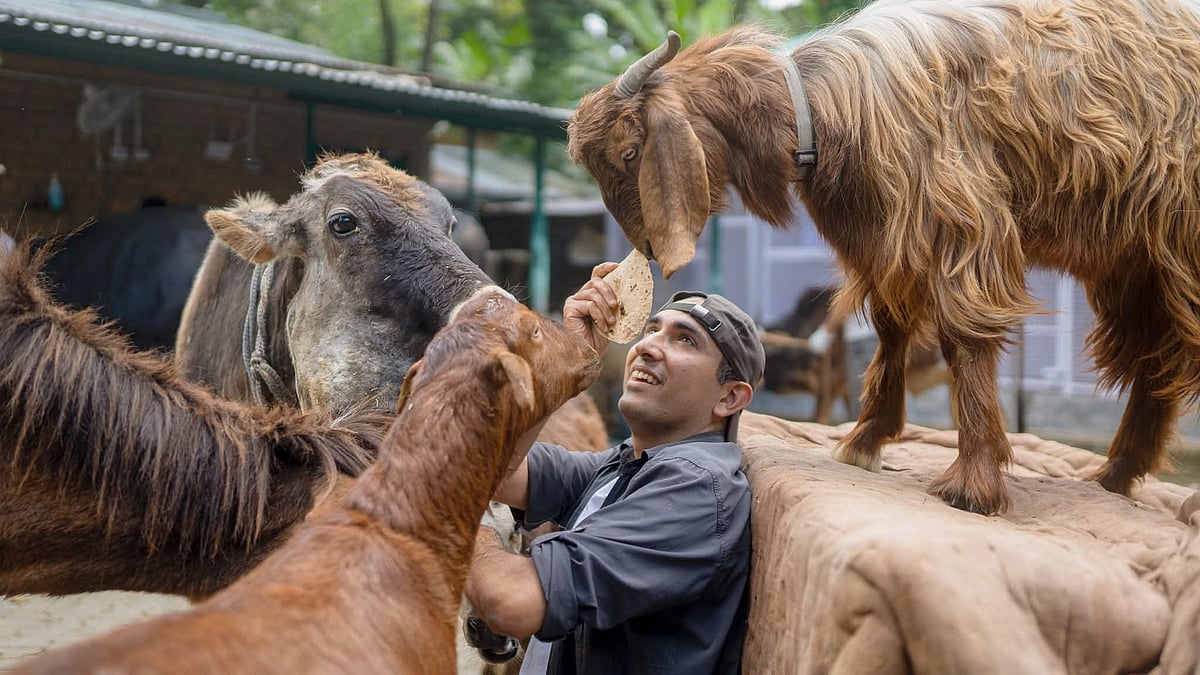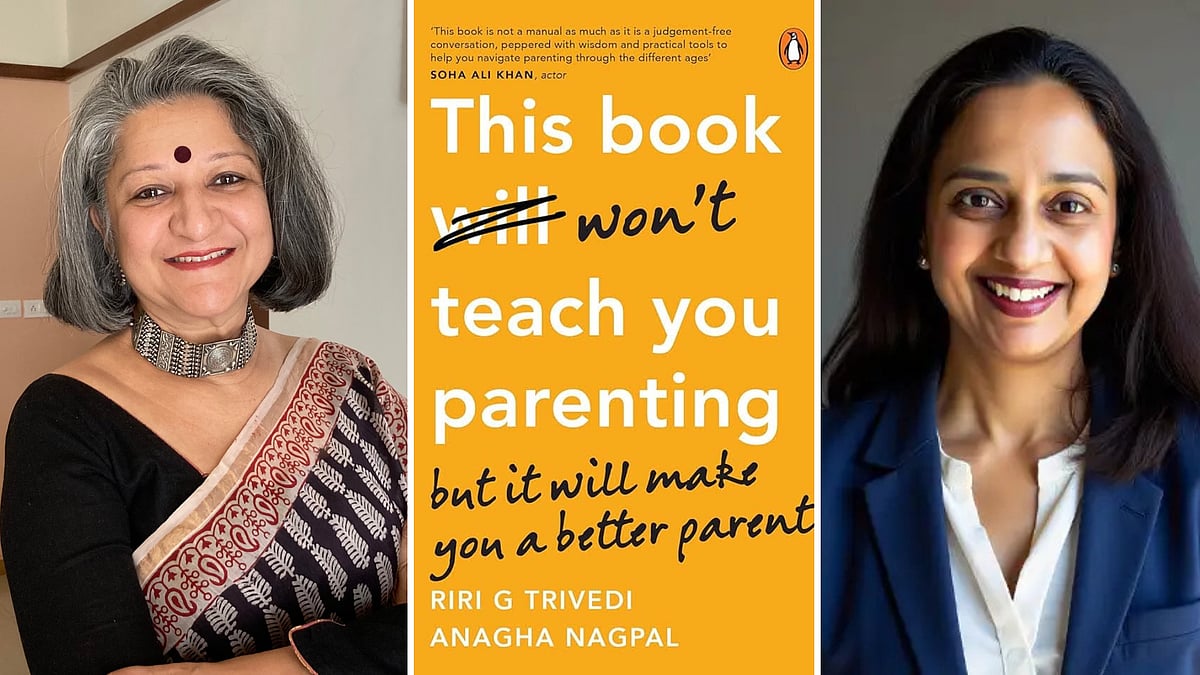Being the Other: The Muslim in India
Author: Saeed Naqvi
Publisher: ALEPH
Pages: 254
Price: Rs. 599
Saeed Naqvi, a veteran journalist, has come out with a new book Being the Other: The Muslim in India. It is partly a memoir and partly an exploration of the various deliberate and inadvertent acts that have contributed to the Othering of the 180 million Muslims in India. He was born and brought up in Awadh, a land of exquisite culture. Hindus and Muslims were living peacefully. Awadh was a truly beautiful with the Ganga, Jamuna, Sarayu and Gomti flowing through it. Triveni sangam in Prayag (Allahabad). Awadh has the core of Hindu civilization Benaras, Mathura, Haridwar and Hrishikesh It is Ganga-Jamuni Tehzeeb, a euphemism for the mutually participatory co-existence of Hindu and Muslim culture of Northern India. The region of Awadh is usually considered to be center of this culture. Saeed Naqvi was brought up in such a culturally rich region.
The author was brought up in a progressive environment. His great grand uncle and quite a few ancestors were with the congress and few others with the Communists. On 9th November 1989, Saeed Naqvi drove down to Ayodhya with his mother Atla Naqvi, wife Aruna and daughter Zeba to Ayodhya to watch the shilanyas ceremony. They watched the rituals. But, the author was certain that it is a matter of time before Babri Masjid would be brought down. It happened on 6thDecember 1992.
Syncretism as a way of life was a reality. Nawab of Awadh were Shias and so most of the Awadh elites were shias. Naqvi narrates that one of the greatest Urdu poet Shabbir Hasan Khan Josh Malihabadi was born in a sunni family but was fascinated by Ali (Prophet’s cousin and son-in-law) and converted himself to shiaism. The influence of shiaism was not confined to Awadh. The greatest poet Mirza Asadullah Khan Ghalib was a Mughal sunni but he was attracted to the personality of Ali and he declared himself ‘Ali’s slave.’ There were no issues. Today, the scenario is quite different. In few Islamic countries where influence of wahabism, salafism has grown significantly many sunni and their radical militias do not consider shias as Muslim. Since Islamic revolution in Iran in 1979, the divide between shia-sunni is growing. In such an atmosphere Ganga-Jamuni Tehzeeb becomes all the more important. It teaches peaceful co-existence.
Also Read: India’s War-The Making of Modern South Asia 1939-1945
After partition, Urdu became national language of Pakistan. Urdu was born in North India. Urdu is a rich language and it represented a composite culture. Hindi became official language of India. Naturally, Urdu writers were worried. They were concerned about their future. Urdu, in India, has lost its glory and importance. Unfortunately, it has become a language of Muslims. Languages are always above religion. Imposition of Urdu in Pakistan led to Bengali nationalism in than East Pakistan and finally Bangladesh became a reality.
While talking about Awadh’s secular culture author gives an interesting example of how they have secularized norms of greeting. The universal Islamic greeting is ‘Assalam alaikum’ (may Allah’s peace be upon you), and its response ‘Waalaikum salaam’ (peace on you too). In Awadh accepted form of greeting became ‘Aadaab’ (respects).
Author has quoted Lord Archibald Wavell, who wrote in his book The Viceroy’s Journal that Vallabhai Patel is entirely communal and has no sense of compromise or generosity towards Muslims, but he is more of a man than most of the Hindu politicians.’ He also quoted Michael Brecher, who in his biography of Nehru wrote: Patel was a staunch Hindu by upbringing and conviction. He never really trusted the Muslims and supported the extremists Hindu Mahasabha view of the ‘natural right of the Hindus to rule India. Authour describes how Nehru let Muslims down over the acceptance of partition and over the anti-Muslim pogroms in Hyderabad & Jammu.
It has now become a fashion to criticize Nehru and projecting him against Sardar Patel. The reality is they had differences but at the same time they were aware of each other’s strength. We will do more harm to the history and Sardar Patel by describing him a communal. His action as home minister of the country in banning RSS after the assassination of Mahatma Gandhi makes the point clear that though he was a religious person, he was not communal. Sardar Patel wrote a letter to Shyama Prasad Mukherjee about role of the RSS in a letter dated 18 July 1948. Patel stated: “As regards the RSS and the Hindu Maha-sabha, the case relating to Gandhiji’s murder is sub judice and I should not like to say anything about the participation of the two organisations, but our reports do confirm that, as a result of the activities of these two bodies, particularly the former, an atmosphere was created in the country in which such ghastly tragedy became possible. There is no doubt in my mind that the extreme section of the Hindu Mahasabha was involved in this conspiracy.
Also Read: Book review-Purdah to Piccadilly –A muslim woman’s struggle for identity
The activities of the RSS constituted a clear threat to the existence of the government and the state. Our reports show that those activities, despite the ban, have not died down. Indeed, as time has marched on, the RSS circles are becoming more defiant and are indulging in their subversive activities in an increasing measure.” Vajpayee once told author: Partition was good for Hindus because we now have fewer Muslims to manage.
The book provides food for thought.









